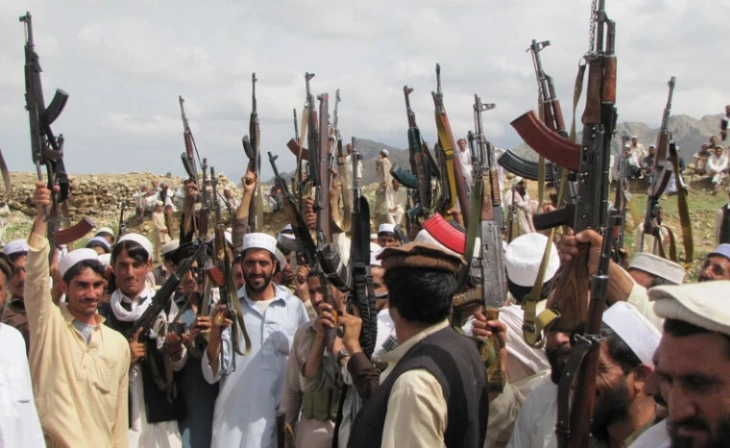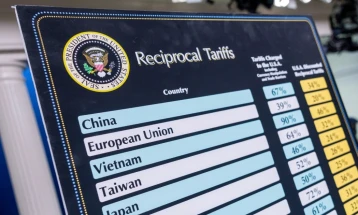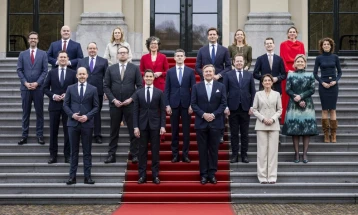Taliban announces new caretaker government of Afghanistan

Islamabad, 7 September 2021 (dpa/MIA) - The Taliban announced a new caretaker government for Afghanistan on Tuesday, naming Mullah Mohammad Hassan Akhund as the acting prime minister.
"The Islamic Emirate decided to appoint and announce a caretaker Cabinet to carry out the necessary government works," Taliban spokesman Zabihullah Mujahid said at a press conference in Kabul.
Mujahid named 33 members of "the new Islamic government" and said the remaining posts will be announced gradually, after careful deliberation.
All members appointed were from within the Taliban ranks and had a religious background.
The Taliban's new head of ministers, Hassan Akhund, was one of the co-founders of the militant group and served in key positions during the Taliban regime in the '90s.
Akhund is from the southern Kandahar province and is considered to be a moderate figure. He is also said to be very close to the group's supreme leader, Haibatullah Akhundzada.
The group named Mullah Abdul Ghani Baradar and Mawlawi Abdul Salam Hanafi, both senior members of the group's political office in Qatar, as Akhund's first and second deputies.
Mawlawi Mohammad Yaqoob Mujahid, the son of the Taliban's late founder Mullah Omar, was appointed as the acting defence minister while Mullah Sarajuddin Haqqani, the head of the notorious Haqqani network, was appointed as the country's acting interior minister.
All other key posts were distributed among senior members of the group, mainly from the country's Pashtun tribe.
Reactions to the Taliban's Cabinet being made up almost exclusively of members from one ethnic group were quick to pour in.
Afghan university lecturer Haroun Rahimi wrote on Twitter that, by a rough count, 99 per cent of the newly appointed officials are from one ethnic group, including four ministers from a single family.
Rahimi said that all other identities - such as the youth, the educated or the political opposition - have been excluded to avoid the Taliban's internal fracturing.
"For 20 years the Taliban promised not to 'monopolise' power and for 2 years they promised 'inclusive' government," Crisis Group consultant Ibraheem Bahiss wrote on Twitter.
"As far as I can tell, all 33 are Taliban members with only 2 Tajiks and 1 Uzbek. The rest are Pashtuns."
There was no immediate comment from Afghan opposition groups.







